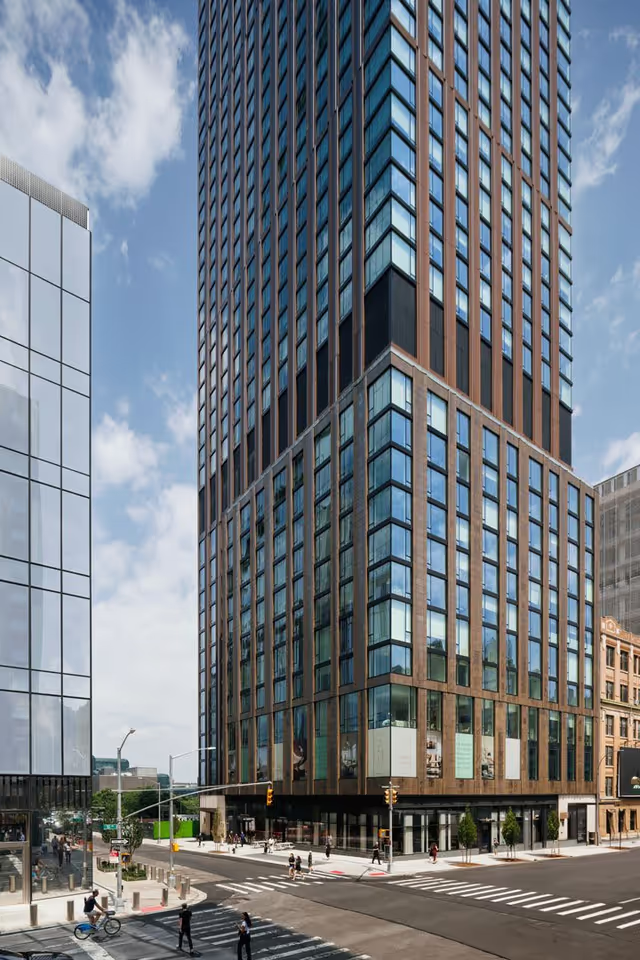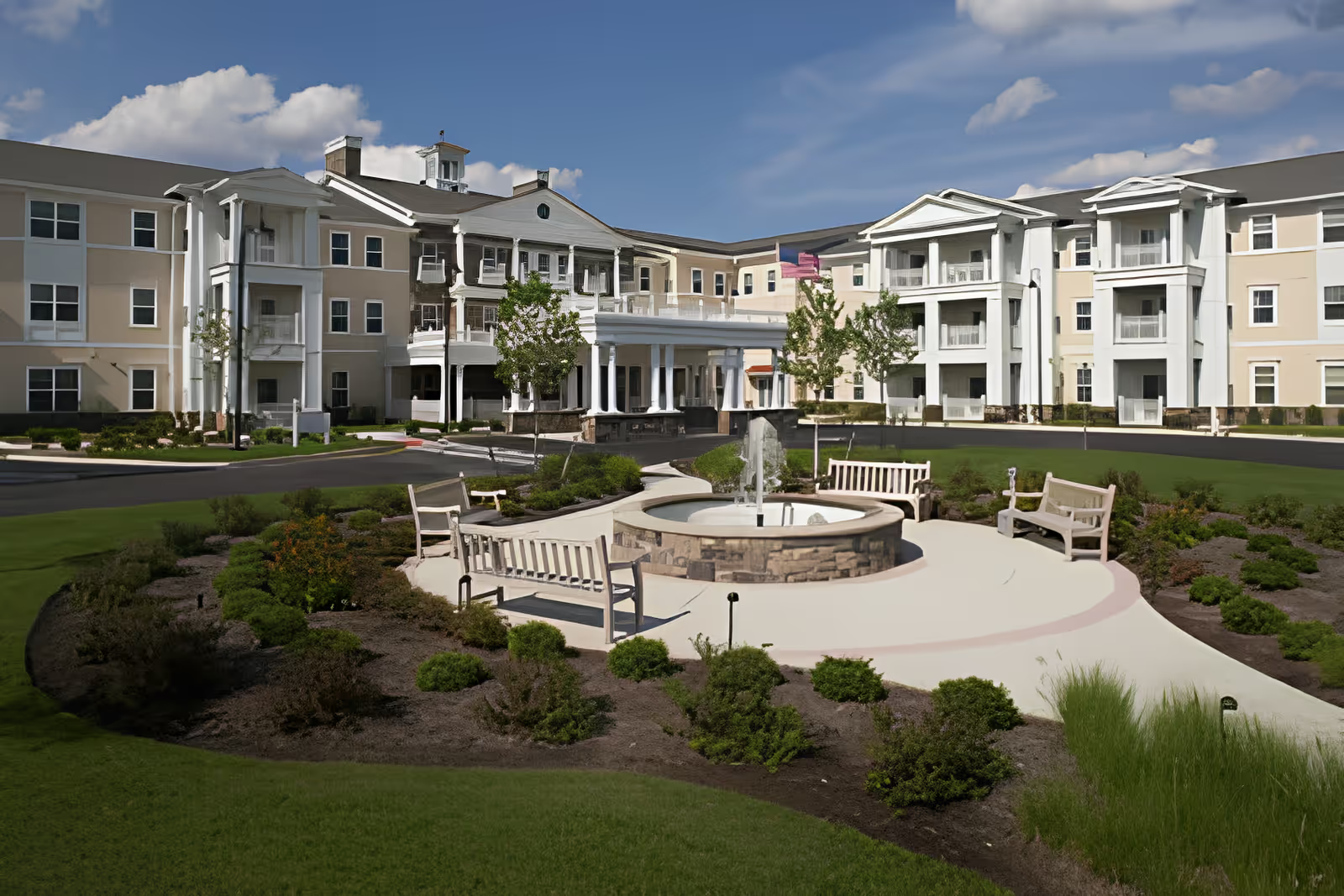Overall sentiment: The reviews of Sunrise of Edgewater are mixed but lean positive overall, with a strong and recurring appreciation for the caregiving teams, the look and comfort of the facility, and the community feel. A majority of reviewers praise the staff as warm, compassionate and family-like, highlight the attractive landscaping and waterfront views, and report that many residents are safe, engaged and well cared for. At the same time, there are persistent, specific negative patterns—chiefly around management responsiveness, pest control, and some serious clinical and communication lapses—that must be weighed alongside the positive feedback.
Care quality and staff: Many reviewers emphasize exceptional, attentive caregiving and nursing in large part. Phrases like "caring," "compassionate," and "going above and beyond" appear frequently. Several accounts describe highly skilled onsite nursing, 24/7 care, regular wellness checks, and staff who promote dignity and emotional support (including during COVID and bereavement). Conversely, other reviews describe inconsistent care: staff turnover, short‑staffing at times, and alarming clinical lapses in some isolated but serious instances — reports of residents being sedated without family notification, inadequate pain control (Tylenol only), slow call‑bell responses, and at least one privacy breach. Memory-care impressions are mixed: some families praise the secure dementia wing and trained staff, while others report minimal memory-care programming, TV-centered activities, and a need for improved engagement.
Facilities, cleanliness, and maintenance: The property itself is repeatedly described as beautiful, well‑landscaped, and newly decorated in many areas. Residents and visitors frequently praise clean dining rooms, cozy lounges (fireplace), library spaces, and attractive apartments with good views. However, multiple reviews raise serious concerns about recurring pest infestations (mice and cockroaches), persistent odors (dried urine or fecal smells), and reports that maintenance requests can be slow or ignored. These issues create a stark contrast: while some reviewers call the place "impeccably clean," others report outright sanitation problems and unaddressed facility issues. This suggests variability over time or inconsistency between wings/units.
Dining and activities: Food quality receives mostly positive comments — several reviewers call meals "very good" and single out baked items (apple pie) and attentive dining staff. Others report bland, burnt, or small portions and limitations in menu choices. Operational policies in dining are a recurring complaint: restrictions on visitors eating with residents and masking rules during meals are noted as frustrating. Activities are plentiful when residents take part, with art classes, outings, performers, and daily programming reported; yet some families say their loved ones did not engage or that memory‑care activities were limited. Overall, lifestyle offerings appear robust but their impact depends on resident participation and programming consistency.
Management, communication and operations: This is the area with the greatest divergence in reviewer experience. Many families applaud specific leaders and teams for responsiveness and compassionate coordination. Others report poor management: unresponsiveness to complaints, perceived money-driven decisions (rent increases, promises not kept), and troubling anecdotes about executive-level unprofessionalism. The pest problem and delayed maintenance are often tied to governance criticisms. Communication about clinical changes, availability of supplies (gloves), vaccination status, and planning for visits has been flagged as inconsistent — with some reviewers citing good COVID communications and others reporting lagging information.
Safety, policies, and notable incidents: Several positive notes indicate a secure environment (locked dementia wing, safe atmosphere), and many reviewers felt peace of mind after placement. Yet negative reports include safety incidents (a fall/injury resulting in ER visit), slow emergency responses, and handling of personal items (lost hearing aids). The most serious clinical allegations (unsanctioned sedation and inadequate pain control) were raised by a small number of reviewers; these merit careful follow-up by prospective families. Additionally, some visitors described aggressive sales tactics and pressuring during tours, which color the admission experience for some.
Patterns and variability: A clear pattern is variability — high praise from many families but starkly negative experiences from others. Several reviews suggest a decline in standards over time or after staff changes, indicating that experiences may depend on timing, unit, or which leadership/staff are on duty. Pest reports and management complaints appear repeatedly across multiple reviews, amplifying concern. At the same time, the sheer number of positive testimonials about staff kindness, cleanliness (in many areas), activities and location shows that many residents and families are highly satisfied.
Implications for prospective families: The overall picture is of a facility with many strengths — compassionate staff, attractive grounds and apartments, robust programming, and generally good medical support — combined with recurring operational issues that have led to significant dissatisfaction for some. Prospective families should weigh the high cost and limited availability against the potential for excellent care, and they should specifically verify current conditions. Recommended topics to address on an in-person visit include pest-control history and recent remediation, turnover and tenure of executive/clinical leadership, response times for maintenance and emergencies, concrete examples of memory-care programming and staffing ratios for the dementia unit, dining policies for visitors and menu samples, incident reporting and family notification procedures for medical changes, and written guarantees about rent increases and promised services. Asking for recent satisfaction surveys, state inspection reports, and references from current families can help confirm whether reported negative issues are isolated incidents or persistent problems.
Bottom line: Sunrise of Edgewater receives many glowing reviews for staff compassion, facility aesthetics, food, activities and clinical capability; however, several consistent and serious concerns — especially around pests, management responsiveness, and occasional clinical lapses — appear often enough to require careful vetting. Many families have excellent experiences and strongly recommend the community, but others report unacceptable problems. A thorough, targeted tour and direct questions about the repeat issues highlighted above are essential before making a placement decision.







